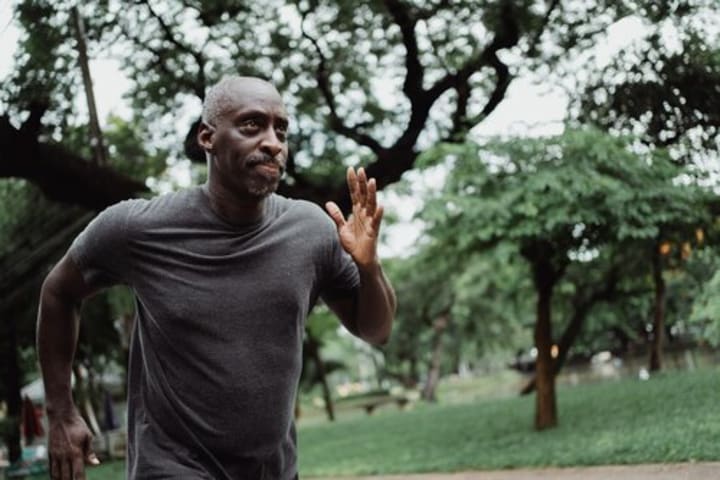What impact does mental health have on physical health?
Mental Health

Everything you need to know about the connection between mental and physical health, as well as professional advice on how to improve both.
We are no longer encouraged to keep our mouths shut when it comes to mental health issues. If the COVID-19 pandemic has taught us anything, it's that isolation's mental health repercussions can affect your physical health as well.
Perhaps you've struggled with mental health concerns for as long as you can remember, or perhaps you've suddenly become ill as a result of the pandemic and are struggling to feel better. Day-to-day duties can appear impossible on the most tough days, whether you've been affected by financial concerns or social media pressure. Keeping track of one's physical health during these trying times may seem unattainable for some.
However, improving your physical health as a means of improving your mental health can be as simple as taking a brisk walk to break up your day, learning a new skill like cooking, or discovering the benefits of yoga. Taking the time to be quiet for a mind and mat practise, especially once the endorphins start flowing, can assist with conditions like worry and sorrow.
In this article, Rhian Stephenson, a trained nutritionist, naturopath, and the creator of ARTAH, discusses how our mental and physical health is intertwined, how poor mental health may affect our bodies, and how to improve your mental health.
WHAT IS THE CONNECTION BETWEEN MIND AND BODY HEALTH?

"Rather than discrete silos, think of your health as a system of interconnected biological networks," Stephenson told Live Science. When you just want to stay in bed and hide from the world, mental health issues can have a negative impact on your physical health.
According to a recent survey by The Conversation, Americans are eight times more likely than they were a few years ago to experience serious emotional distress as a result of the pandemic.
"It's difficult to separate our minds and bodies because they're essentially linked, communicate with one another, and work in tandem," said Sarie Taylor, a psychotherapist and coach.
"This means that if we are overloaded, anxious, or overthinking in any manner, our minds will notify our bodies, and the bodies will do everything possible to alert us and encourage us to pay attention to what is going on. This can be demanding for both the mind and the body, and we will feel it both physically and mentally as a result." Taylor continued.
If your head isn't in the right place, things can quickly spin out of control. If you find yourself wishing to withdraw from the world, your diet may suffer as a result. You may be completely uninterested in cooking or lack the motivation to do so. Anxiety or despair, for example, can make you feel numb and helpless.
WHAT ARE THE IMPACTS OF BAD MENTAL HEALTH ON OUR BODIES?

Because our bodies and minds are so intertwined, if you have mental health issues, your body will be impacted in a variety of ways - and vice versa. When an athlete suffers a sports injury, their inability to play or practise their usual daily routine may have an impact on their mental health.
"Our mental health will have a more visible impact on how we feel in our bodies," Stephenson explained. "Our emotional state can have a positive or negative impact on our sleep health, exercise motivation and energy, exercise response, and food habits." Emotional states like worry and depression, for example, have been shown to be hazardous to one's health in studies.
WHAT EFFECT DO OUR EMOTIONS HAVE ON OUR BODIES?
Our immune system's response is often a reflection of our emotional condition. Stephenson continued, "...those who are depressed are more likely to have reduced immune activity. Depression has also been linked to a higher risk of chronic and long-term illnesses like diabetes, stroke, and heart attack. On the other hand, gratitude, meditation, and even increasing happiness have a direct effect on the immune system, cortisol, and other regulating chemicals." Because stress causes inflammation in the body, if you have any sensitive areas or injuries, you may discover that you feel it the most here. Taylor discussed his findings with Live Science. "As the first indicators of stress, we may notice tension in the body in the way we sit and hold ourselves, but this is not set in stone; it will be different for everyone. Every physiological response is attempting to instruct us; all we need to do is pay attention."






Comments
There are no comments for this story
Be the first to respond and start the conversation.